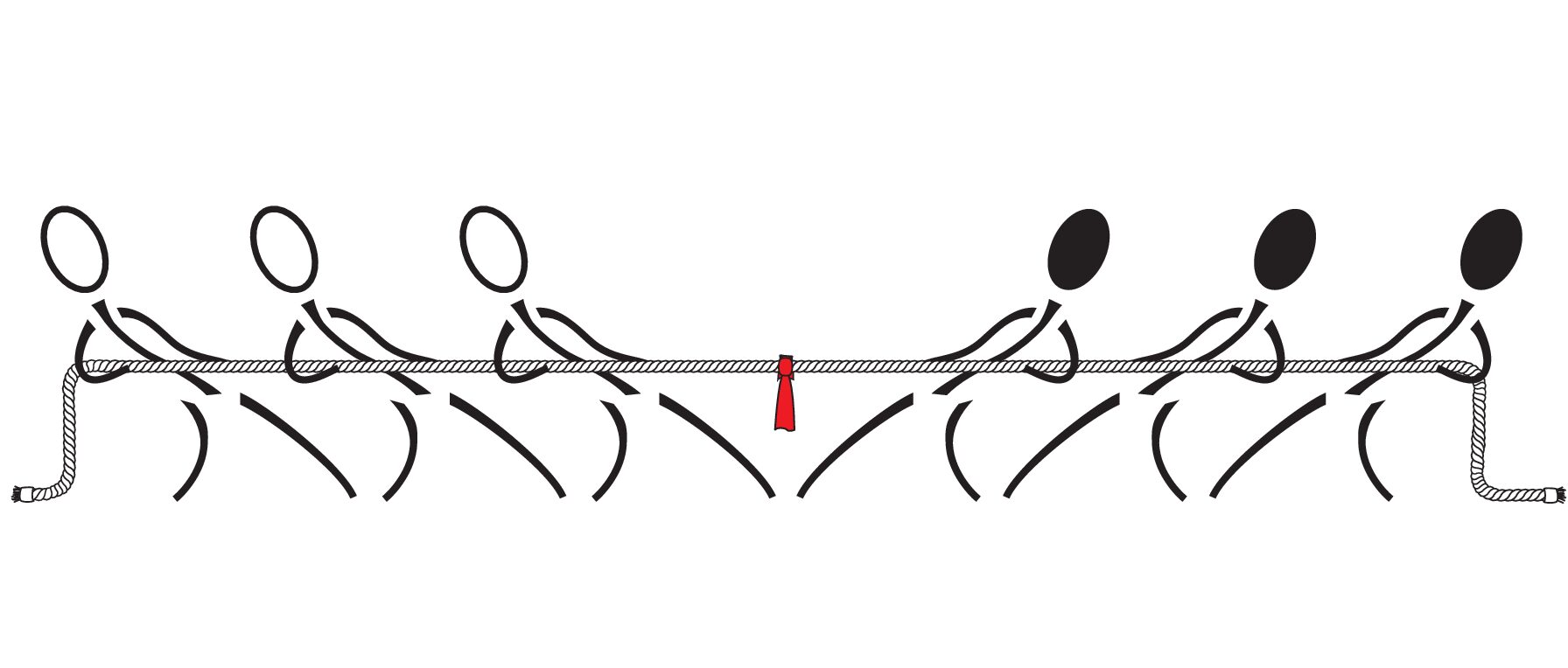
Bipolar disorder is characterized by extreme shifts in mood that can significantly impact a person’s life and relationships.
Episodes of mania, hypomania, or depression can last for days at a time or more.
Bipolar disorder is typically categorized as either Type I, Type II, or cyclothymia.
Type I is generally defined by the presence of at least one manic episode that lasts for a week or more. People with Bipolar Type I may or may not experience depressive or hypomanic episodes.
Type II is more common in women than men and involves at least one episode of major depression that lasts for more than two weeks and at least one episode of hypomania that lasts for at least four days. Type II does not involve mania.
Cyclothymia is characterized by hypomanic and depressive episodes that are less severe and don’t tend to last as long as in Type I or II.
Symptoms of Mania
Manic episodes typically involve an extreme emotional high. It often makes the person feel excited, energized, euphoric, impulsive, and invincible.
Diagnosis of mania requires three or more of these symptoms:
- Inflated self-esteem or grandiosity
- Decreased need for sleep
- Increased talkativeness
- Racing thoughts
- Easily distracted
- Increase in goal-directed activity or psychomotor agitation
- Engaging in activities that hold the potential for painful consequences
Mania might make the person feel unusually happy or productive, but when the episode ends, they may be overwhelmed by the situations their actions have gotten them into.
Symptoms of Hypomania
Hypomania is a less severe form of mania. These episodes are often less damaging to the person’s personal and professional life, and they don’t tend to last as long.
This also means these symptoms may be more subtle. People close to you may notice that your mood is different from usual, but people who don’t know you as well might not. The person experiencing hypomania might not even be aware of their increased energy or impulsiveness.
Episodes of hypomania do not involve psychosis or hallucinations.
Symptoms of Depression
Depressive episodes can be characterized by feelings of sadness, emptiness, or hopelessness.
Diagnosis involves five or more of these symptoms:
- Depressed mood most of the day, nearly every day
- Loss of interest or pleasure in all, or almost all, activities
- Significant weight loss or decrease or increase in appetite
- Insomnia or hypersomnia nearly every day
- Slow or agitated movements
- Fatigue or loss of energy
- Feelings of worthlessness or inappropriate guilt
- Diminished ability to think or concentrate, or indecisiveness
- Recurrent thoughts of death, recurrent suicidal ideation without a specific plan, or a suicide attempt or plan
These feelings may last for weeks or months at a time.
Living With Bipolar Disorder
There is no cure for bipolar disorder, but treatment can help manage symptoms.
Bipolar disorder can be managed by staying in touch with your doctor, taking medications as prescribed, and participating in psychotherapy.
If you think you may be experiencing the symptoms of bipolar disorder, talk to a doctor or therapist to get the help you need.






















